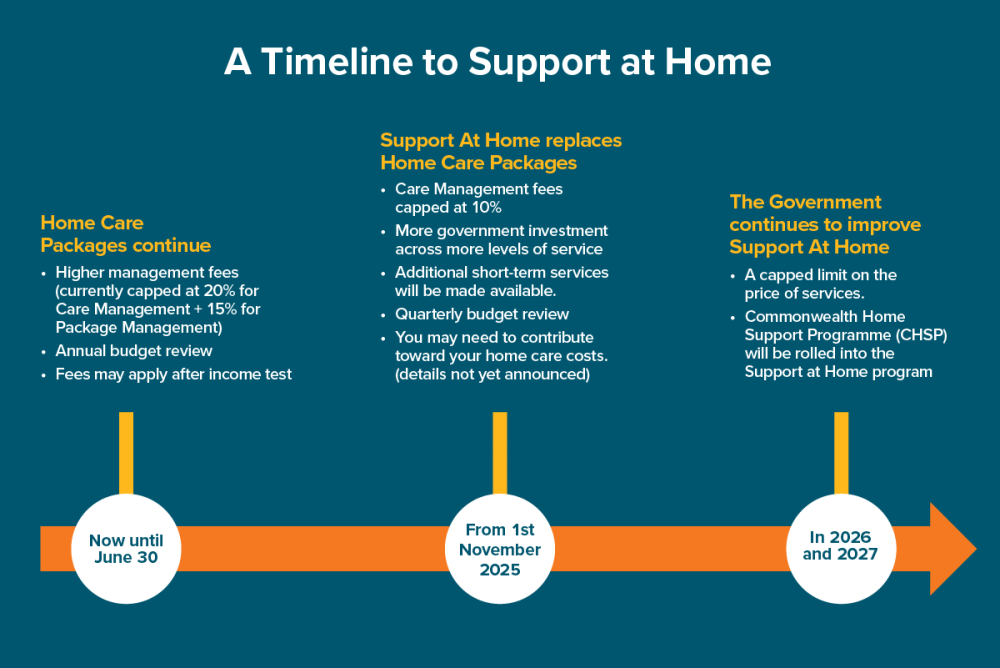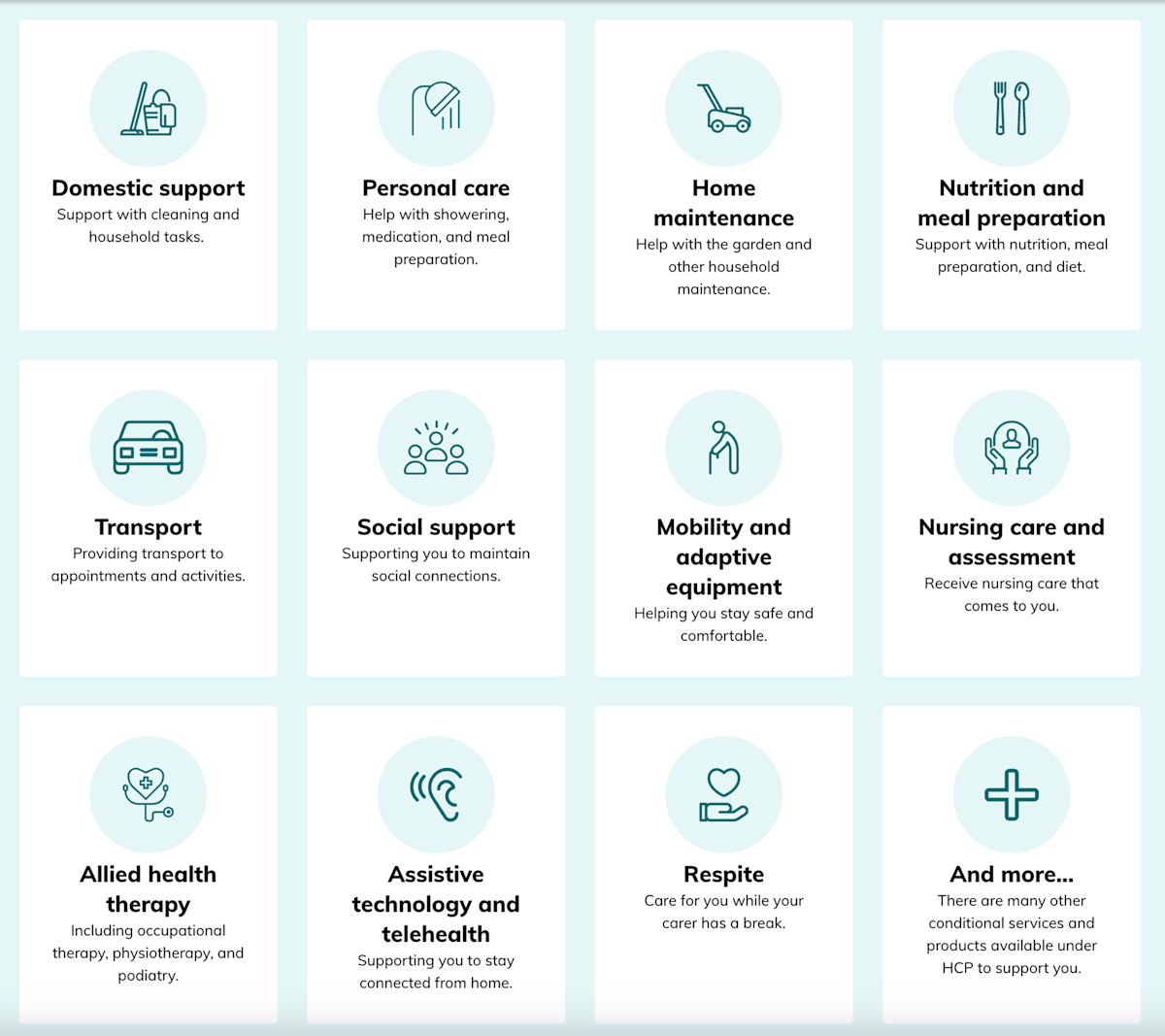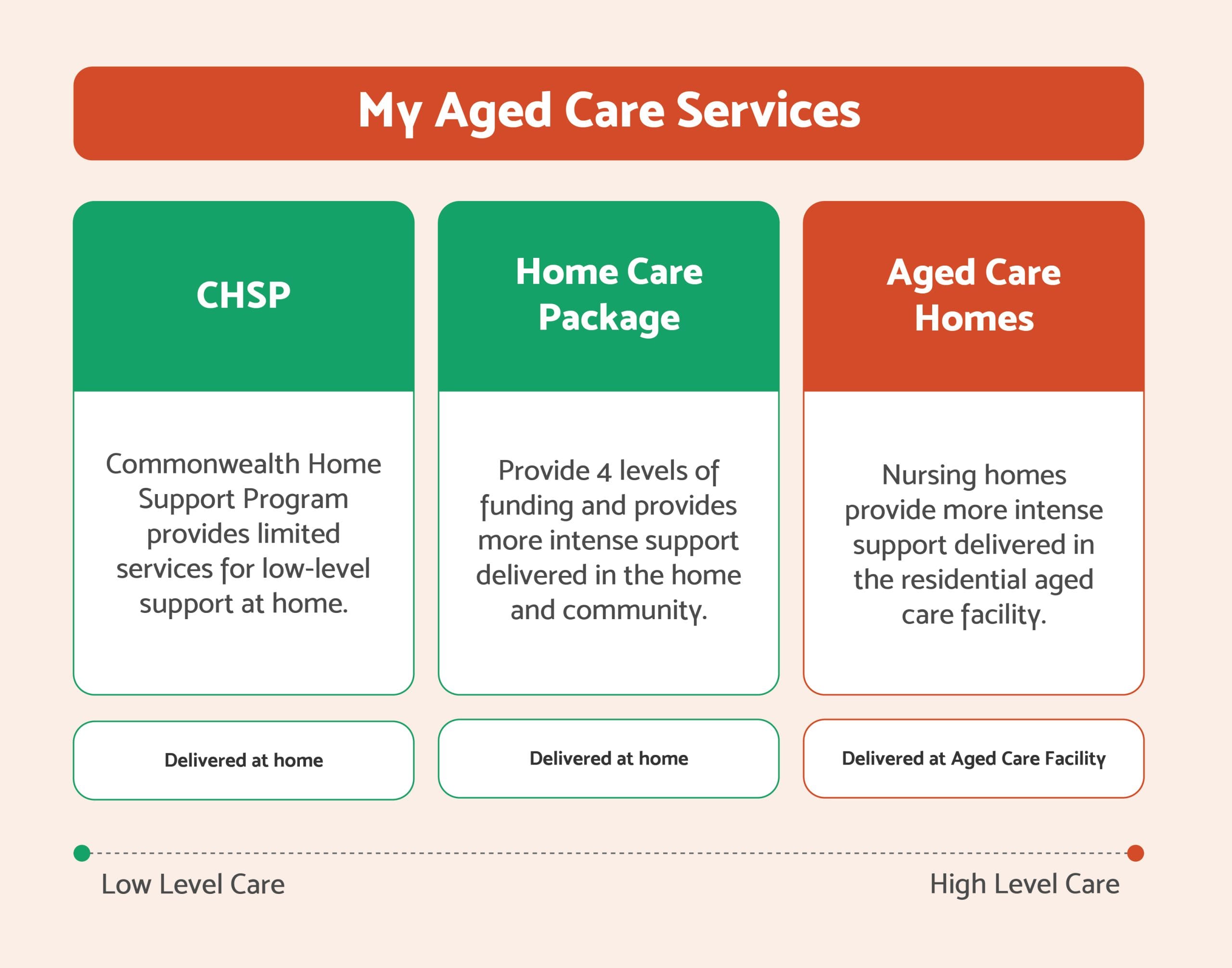Best ways to communicate your needs to a support at home provider
Best ways to communicate your needs to a support at home provider
Blog Article
All Regarding Home Care Services for Individuals With Disabilities: NDIS Registered Support
Home treatment solutions under the NDIS play a pivotal role in sustaining individuals with disabilities. These services are designed to improve day-to-day living with customized support, varying from individual like wheelchair assistance. Understanding just how to browse these options can be complicated. This review checks out the different facets of NDIS home care, from offered solutions to the option of carriers, highlighting vital factors to consider for those seeking support. The journey toward equipped treatment starts below.
Recognizing the NDIS and Its Purpose
The National Impairment Insurance Coverage System (NDIS) functions as a transformative framework created to offer support and solutions for individuals with handicaps. Developed to enhance the top quality of life and warranty equitable access to vital resources, the NDIS empowers participants by using customized plans tailored to their unique needs. It intends to cultivate independence, enabling people to seek their individual goals and aspirations.Through an organized approach, the NDIS allocates financing for numerous supports, including education, employment support, and neighborhood involvement. This all-encompassing system not just focuses on instant care but also stresses lasting developmental outcomes. By advertising selection and control, the NDIS urges participants to select their preferred provider, assuring that care aligns with their choices and worths. Eventually, the NDIS represents a substantial commitment to improving the lives of individuals with disabilities, cultivating inclusivity, and developing a more encouraging society.
Kinds of Home Treatment Services Available
Numerous types of home treatment services deal with people with handicaps, mainly focusing on personal care assistance and reprieve care alternatives. Personal treatment support provides important support with everyday activities, while break treatment provides short-lived relief for key caregivers. Recognizing these services is crucial for guaranteeing the health of both individuals with handicaps and their households.
Personal Treatment Assistance
While navigating life can provide challenges for individuals with handicaps, individual treatment aid provides essential support customized to their unique requirements. This kind of home treatment service includes a variety of activities developed to advertise freedom and enhance lifestyle. Personal care assistants help with day-to-day jobs such as bathing, dressing, grooming, and toileting, making sure people maintain personal hygiene and comfort. They may likewise aid with dish prep work, medication management, and movement assistance. By giving individualized treatment, these specialists empower individuals to engage even more fully in their social tasks and daily regimens. Generally, individual care support plays a significant role in cultivating self-respect and freedom for those with impairments, enabling them to flourish in their home environment.

Reprieve Treatment Options
Break treatment functions as a vital source for households and caregivers of people with handicaps, offering momentary remedy for the needs of daily caregiving. This sort of service can take numerous types, consisting of in-home reprieve treatment, where trained experts visit the home to help with care jobs. Alternatively, households might choose facility-based break care, where people receive treatment in a specific environment, enabling caregivers to take a break. Additionally, some organizations supply emergency respite solutions for unanticipated scenarios. These choices not only assist minimize caretaker stress and anxiety yet also promote the wellness of individuals with disabilities by using them new experiences and social interaction. Overall, break treatment plays a crucial function in sustaining both caregivers and those they take care of.

Just How to Accessibility NDIS Home Treatment Solutions
Accessing NDIS home treatment services includes understanding the eligibility requirements stated by the National Handicap Insurance Plan. People have to navigate an organized application process to secure the needed support customized to their requirements. This area will clarify both the qualification demands and the steps entailed in looking for solutions.
Eligibility Criteria Clarified
To get NDIS home care services, individuals need to fulfill specific eligibility criteria that evaluate their requirements and conditions. First, candidates need to be matured in between 7 and 65 years and have a irreversible and substantial disability that affects their capability to carry out everyday activities. In addition, they must be an Australian citizen, a long-term homeowner, or hold a Protected Unique Group Visa. The NDIS needs evidence of the handicap, commonly via clinical evaluations or reports. People ought to show that they need support to get involved in financial and social life. These requirements guarantee that solutions are guided towards those that really need assistance, advertising independence and improved quality of life for people with handicaps.
Application Refine Steps
Can I Select My Own Assistance Workers Via NDIS?
The private inquired whether they might select their very own support employees under the NDIS framework. Usually, individuals have the versatility to pick assistance employees, promoting individualized care that straightens with their details demands and choices.
What Takes place if My Demands Change After Receiving Assistance?
If a person's requirements modification after obtaining support, they should connect these changes to their company. Changes can be made to the treatment strategy, guaranteeing that the support continues to be effective and relevant for their situations.

Exist Restricts on The Amount Of Hours of Treatment I Can Obtain?
The specific asked regarding prospective limitations on the variety of treatment hours received. Normally, such restrictions might exist based on specific policies or moneying plans, stressing the significance of examining arrangements and standards routinely.
Can I Make Use Of NDIS Funding for Home Alterations?
The concern of using financing for home alterations develops frequently. Normally, individuals may utilize NDIS financing for necessary adjustments to their homes, guaranteeing access and security, contingent upon meeting certain qualification criteria and standards.
How Do I Take care of Complaints Concerning My Home Treatment Solutions?
To deal with issues regarding home treatment services, individuals must first record their issues. They can communicate directly with their service copyright, seeking resolution, or rise the issue to pertinent oversight bodies if necessary. Home treatment solutions under the NDIS play a pivotal duty in sustaining people with specials needs. Various kinds of home treatment solutions cater to people with specials needs, mainly concentrating on individual treatment assistance and respite Related Site care alternatives. home care providers melbourne. Personal care aid supplies essential support with day-to-day tasks, while reprieve treatment uses short-lived relief for main caretakers. Family members may choose for facility-based reprieve care, where people receive care in a specific setting, allowing caregivers to take a break. Exactly how can families properly manage the financial aspects of home treatment solutions for individuals with disabilities?
Report this page